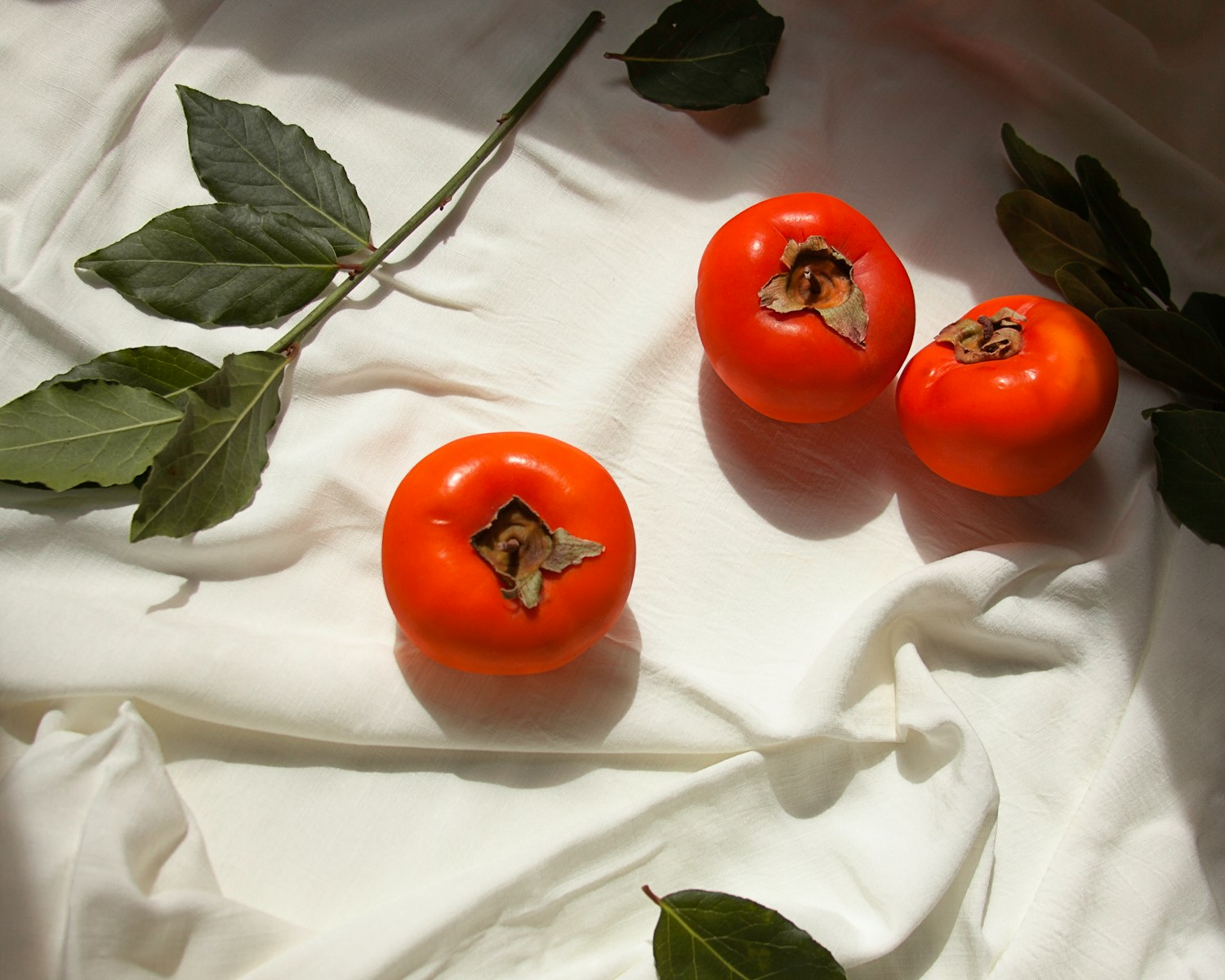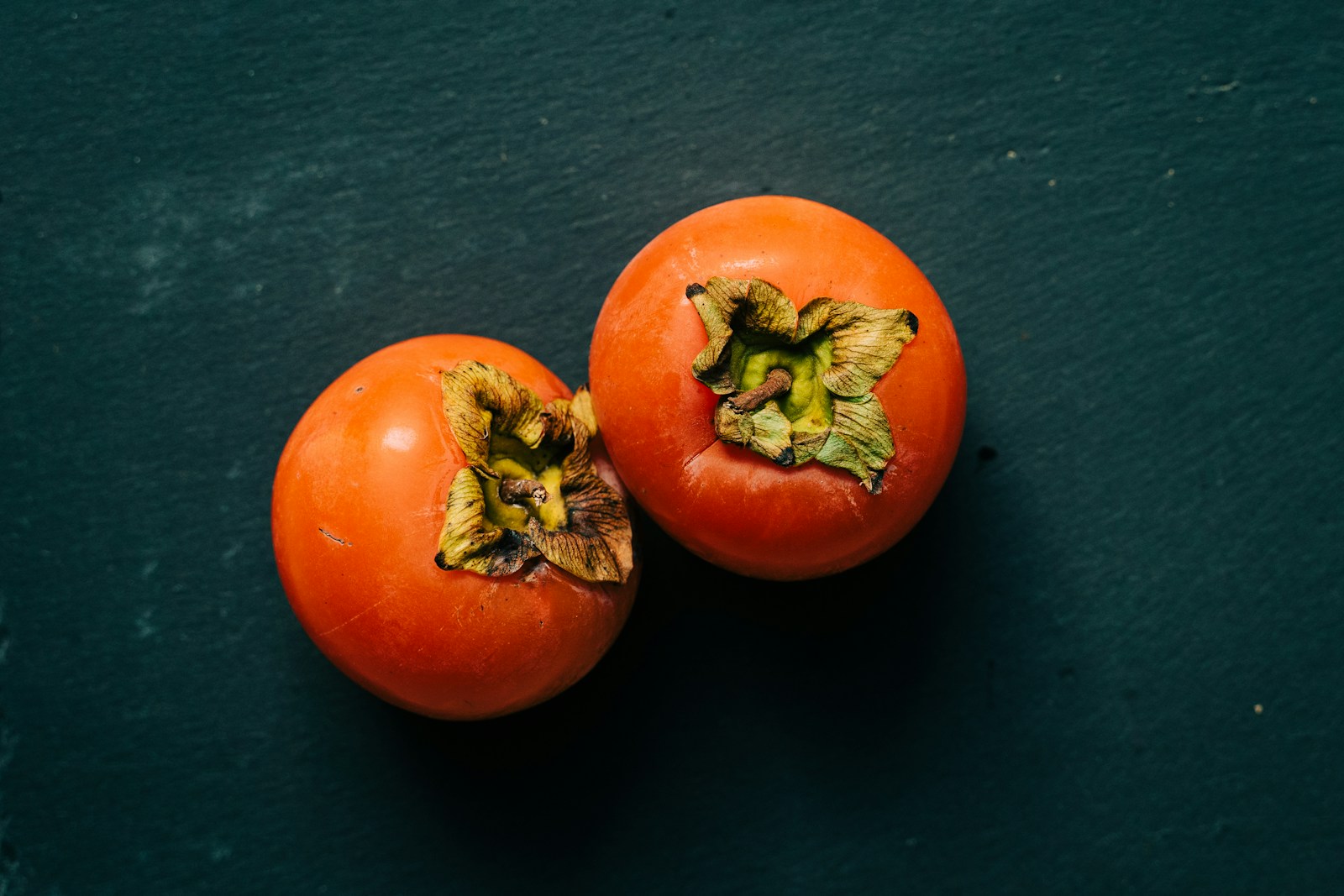- July 11, 2024
Can Dogs Have Persimmons? Vet-Verified Nutrition Facts & FAQ – Dogster

The information is current and up-to-date in accordance with the latest veterinarian research.
Disclaimer:
As with any new foods and treats, it’s always advisable to consult with your veterinarian before giving persimmons to your dog. Whether a particular food is suitable for your dog will depend on many factors including their age, activity level, health status and whether they are on a special diet.
Persimmons make a versatile addition to the kitchen and infuse foods with a delightful sweetness and unique health benefits that parents, kids, and even our pets can enjoy. Dogs can eat persimmons as an occasional treat without issue if you supply them in moderation and prepare them properly. Here’s a look at the potential benefits and risks of feeding persimmons to your dog and how you can safely offer them as a flavorful, sweet treat.

Why Can Dogs Eat Persimmons?
Persimmons are a sweet fruit rich in nutrients that can supply several health benefits for humans and their dogs. Your canine companion should be getting all their essential nutrients from their regular, complete daily diet. However, when they eat persimmons as an occasional treat, they will enjoy an assortment of vitamins, antioxidants, and fiber which can help promote overall health and vitality.

1. Antioxidants
Persimmons are a source of various antioxidants, including flavonoids and carotenoids. By combating oxidative stress, antioxidants reduce inflammation, support healthy immune function, and can potentially even reduce the risk of chronic diseases.
2. Vitamin A
Vitamin A is a fat-soluble vitamin that benefits numerous organs and systems throughout the dog’s body. It supports vision, healthy skin, and reproduction.

3. Vitamin B
Persimmons contain generous amounts of vitamin B complex vitamins, particularly B6 (pyridoxine). Pyridoxine helps maintain healthy immune, nervous, and endocrine systems and aids red blood cell development.
4. Vitamin C
Vitamin C is not an essential nutrient for dogs, as they synthesize it in the liver, but it can be a valuable mealtime addition for dogs with certain health conditions.
Vitamin C is another immune system booster boasting antioxidant properties. It also supports collagen production, helping maintain a dog’s joint, skin, and coat health.
5. Manganese
Manganese is a trace mineral (micromineral),and is only needed in tiny quantities. It is essential for bone development and metabolism.

6. Fiber
Persimmons contain soluble fiber, which can be highly beneficial for promoting digestive health. Soluble fiber supports the development of healthy gut bacteria and helps absorb water, improving digestion and bowel movements.

Dangers of Persimmons
While the sweet flesh of persimmons is safe in moderation, the skin and seeds can cause health issues for dogs if ingested. They aren’t toxic like seeds from other fruits, such as stone fruits or apples, but can cause digestion issues, particularly in smaller dogs.
Seeds and Skin May Cause Stomach Obstructions
Skins and seeds contain indigestible plant fibers that combine to form undissolvable masses in the gut called phytobezoars. Persimmon phytobezoars are well-documented in people, horses, and some other mammals and can also occur in dogs that ingest too much, especially if they eat unripe fruit.
The persimmon’s tannins combine with stomach acids and the fruit’s cellulose, lignin, and other fibrous compounds, congealing into a hardened phytobezoar. While dogs may pass them, phytobezoars often create gastrointestinal obstructions, causing signs including:
- Vomiting
- Diarrhea
- Loss of appetite
- Weakness
- Abdominal pain
- Severe constipation
Vets can sometimes resolve phytobezoars with an endoscopy, sending a tube down the throat to remove the mass. In many cases, they require surgical removal.
Fortunately, more tannins generally create more astringency. Astringent persimmon varieties are only edible when almost over-ripe, and dogs often dislike the mouth-drying effects too much to eat an excessive amount.

Sugar Content
Like other fruits, persimmons are high in natural sugars. Excess sugar can cause gastrointestinal upset, and if dogs are fed excessive amounts of this fruit it can contribute to weight gain and obesity. The additional calories persimmons contain must be taken into account as part of a dog’s daily calorie intake.

How to Give Your Dog Persimmons
If you remove the seeds and skin and only offer ripe persimmons in moderation as a once-in-a-while treat, most dogs won’t feel any adverse effects. Chop the flesh into bite-sized morsels to see if your dog likes it, and monitor for adverse reactions.
You should always check with your vet before offering persimmons as a treat and supervise your dog’s access to them to prevent overindulgence. Keep your dog away from them outside if you or a neighbor grow persimmons in the garden, and elevate the fruit bowl on the table to stop counter-surfing pets from sneaking a bite.

How Much Persimmon Can Dogs Eat?
Persimmons can be a tasty occasional snack for dogs, but they of course lack the complete nutrition necessary to keep your dog healthy and happy. All treats, including persimmons, mustn’t account for more than 10% of a dog’s daily calorie intake. Offer them sparingly, at most once or twice a week, as a special treat.

Conclusion
When given sparingly without the seeds and skins, persimmons are safe and can bring some immune-boosting benefits to your dog’s diet. You can give them a small piece to see how your dog likes it, and if they gulp it down without issue, you can feel confident in sharing this healthy snack with them occasionally.
Featured Image Credit: Estúdio Bloom, Unsplash
Tags
What do you think?
Related Articles

New Puppy Checklist: Gear You’ll Need for Your New Dog
Getting a new puppy is really exciting, but before you welcome them home, it’s important to prepare your space for them. Since puppies need a

How Big Do Mini Poodles Get? Vet Reviewed Average Weight & Growth Chart – Dogster
The information is current and up-to-date in accordance with the latest veterinarian research. Learn more » When you buy a Miniature Poodle, you might not

Can Police Dogs Smell Nicotine? Vet Verified Facts & Info – Dogster
The information is current and up-to-date in accordance with the latest veterinarian research. Learn more » While cigarette sales have been declining steadily for decades,

How Old Is 5 in Dog Years? Vet-Approved Guide to Each Size of Dog – Dogster
The information is current and up-to-date in accordance with the latest veterinarian research. Learn more » A common method for calculating a dog’s age is

